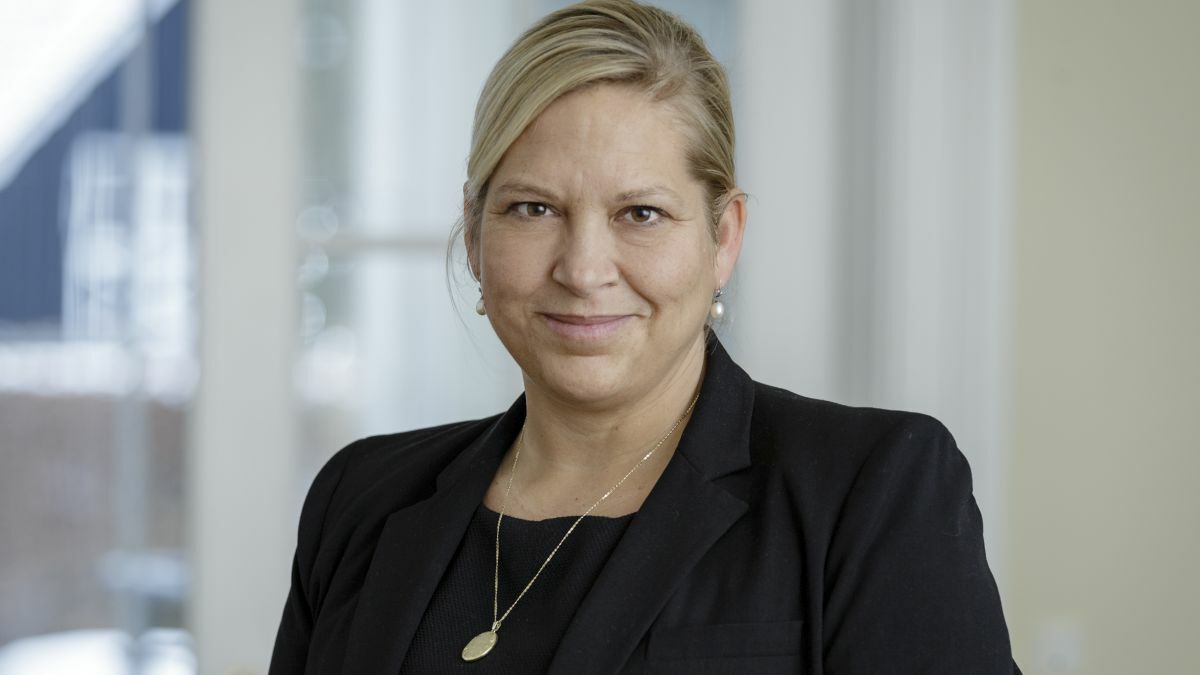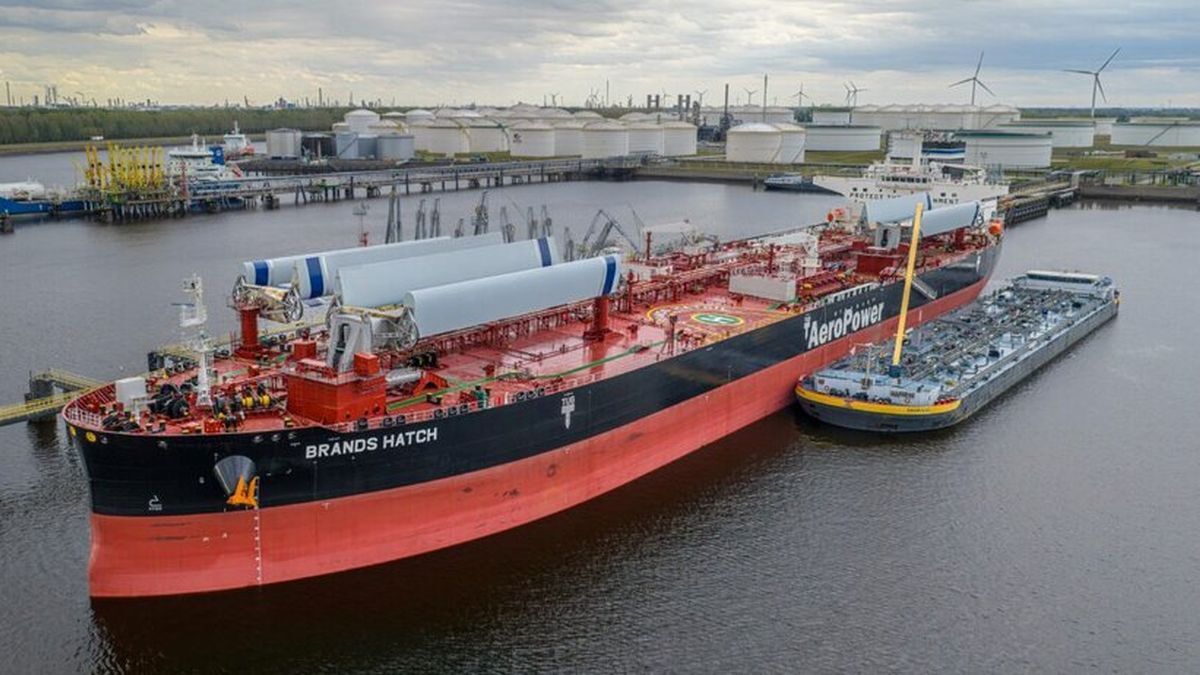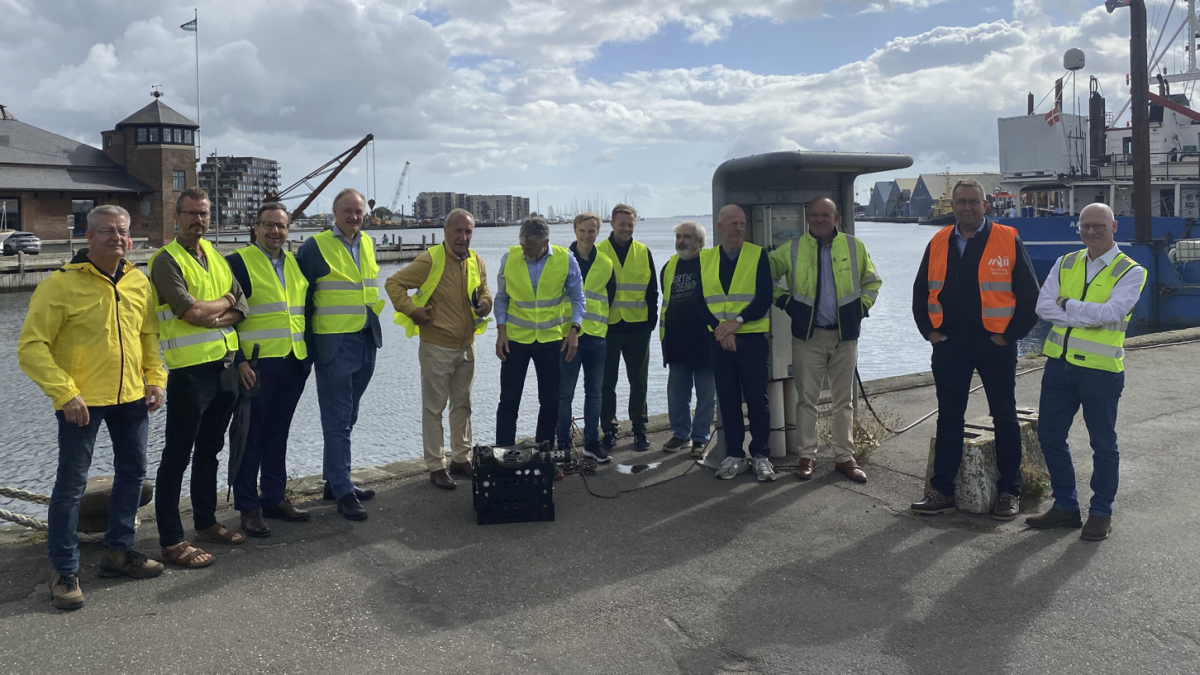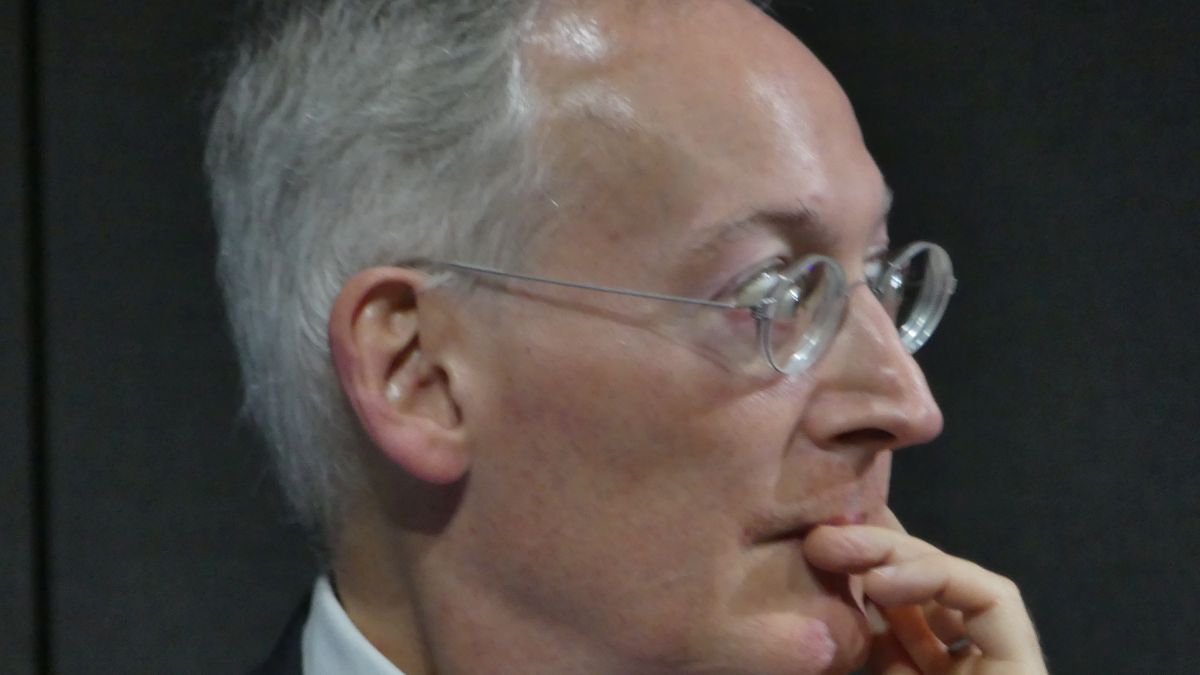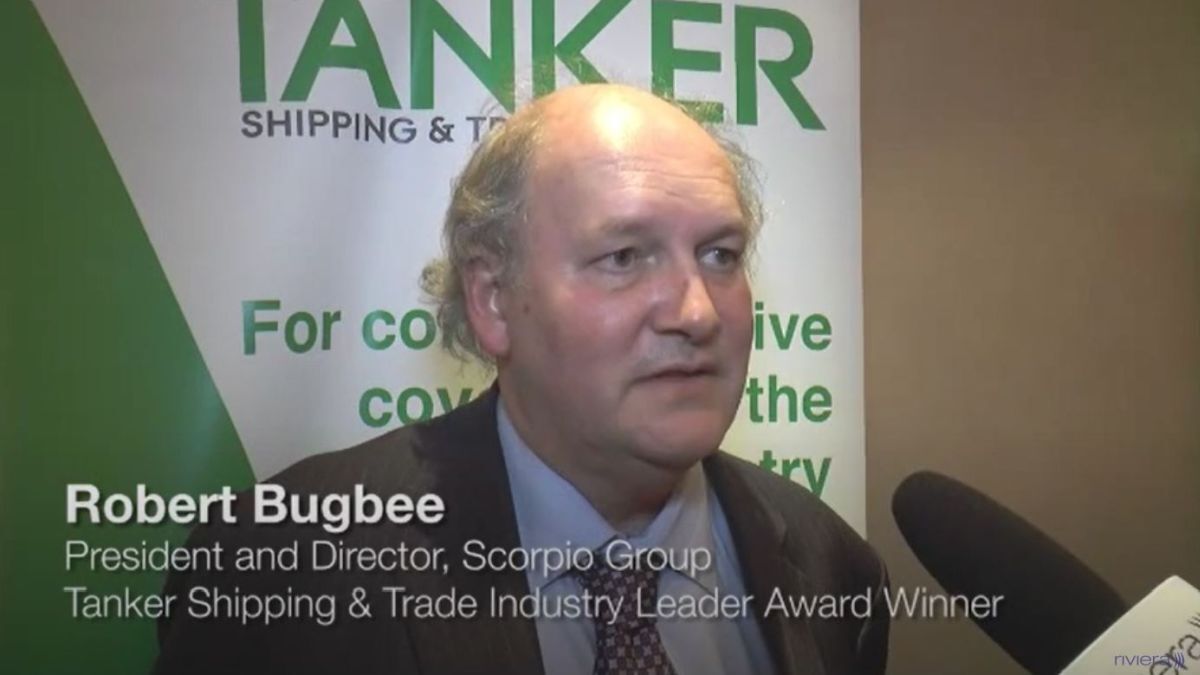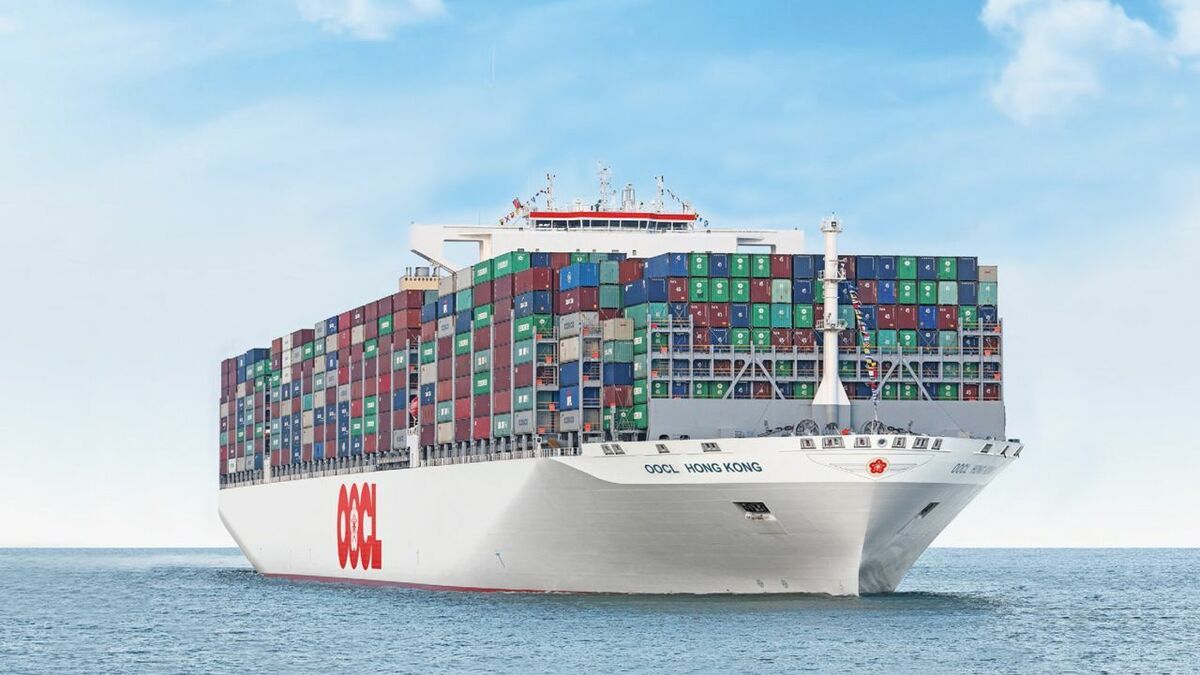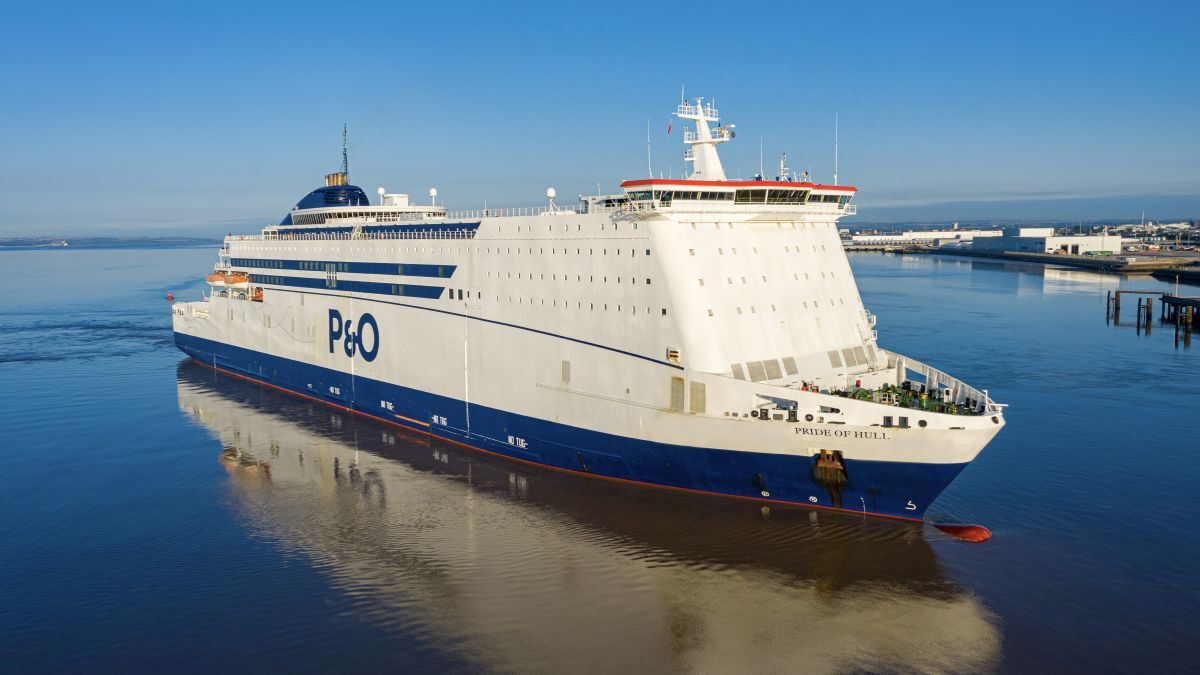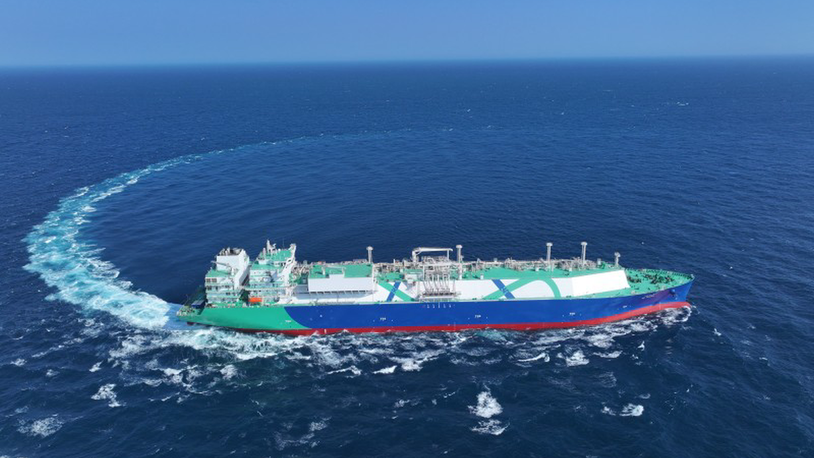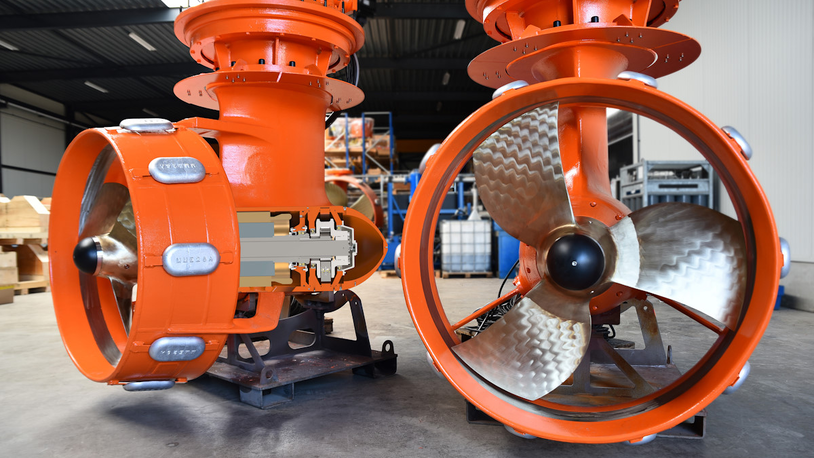Business Sectors
Events
Offshore Wind Webinar Week
Contents
Register to read more articles.
Global shipping coalition tells governments to deliver decarbonisation policy support
The push from Getting to Zero Coalition members, including some of the largest container and cruise shipping lines, global shippers and financiers, comes as the UN General Assembly meets in New York ahead of the UN’s COP26 climate meeting in the UK in November
The 150-member coalition of maritime companies adding their collective weight to an initiative titled the ’Call to Action for Shipping Decarbonisation’, said they are asking world leaders to deliver national and international policy commitments to support decarbonisation work they said is already being undertaken in the private sector.
"Full decarbonisation of international shipping is urgent and achievable," the group’s statement reads. "In conjunction with the UN General Assembly and ahead of critical climate negotiations at COP26 in Glasgow this November, [the coalition] call on governments to work together with industry to deliver the policies and investments needed to reach critical tipping points in decarbonising global supply chains and the global economy."
Specifically, signatories said they are asking world leaders to commit to delivery of a clear and fair plan to decarbonise international shipping by 2050 when adopting the IMO GHG Strategy at the 2023 meeting of IMO’s Marine Environment Protection Committee.
Signatories said they also want world leaders to undertake policy work at national level that provides support for ’industrial-scale zero-emissions shipping projects’ with examples including decarbonisation targets for domestic shipping and incentives for first movers and zero-emissions fuels and vessels.
Moreover, the coalition said policy measures must put into place ’meaningful’ market-based measures by 2025 "that will make zero-emissions shipping the default choice by 2030".
“Our customers are looking to us to decarbonise their supply chain emissions," AP Moller–Maersk chief executive Henriette Hallberg Thygesen said.
"We are investing significantly in the carbon-neutral emissions technologies that are readily available. To make such investments the default choice across our industry, we need a market-based measure to close the competitiveness gap between fossil and zero-emissions fuels of today and the carbon neutral fuels of tomorrow.”
IMO is scheduled to begin consideration and discussion of market-based measures as part of its mid-term greenhouse gas (GHG) reduction measures at upcoming IMO intersessional working group meetings and future MEPC meetings.
Riviera’s two-day Maritime Air Pollution Conference Europe returns 12 October - 13 October as a live event. Professionals from across the maritime world will convene to discuss the business, operational and technical issues guiding a rapidly decarbonising maritime industry. You can register to attend here.
Related to this Story
Events
Offshore Wind Webinar Week
Maritime Decarbonisation, Europe: Conference, Awards & Exhibition 2025
Offshore Support Journal Conference, Americas 2025
© 2024 Riviera Maritime Media Ltd.


